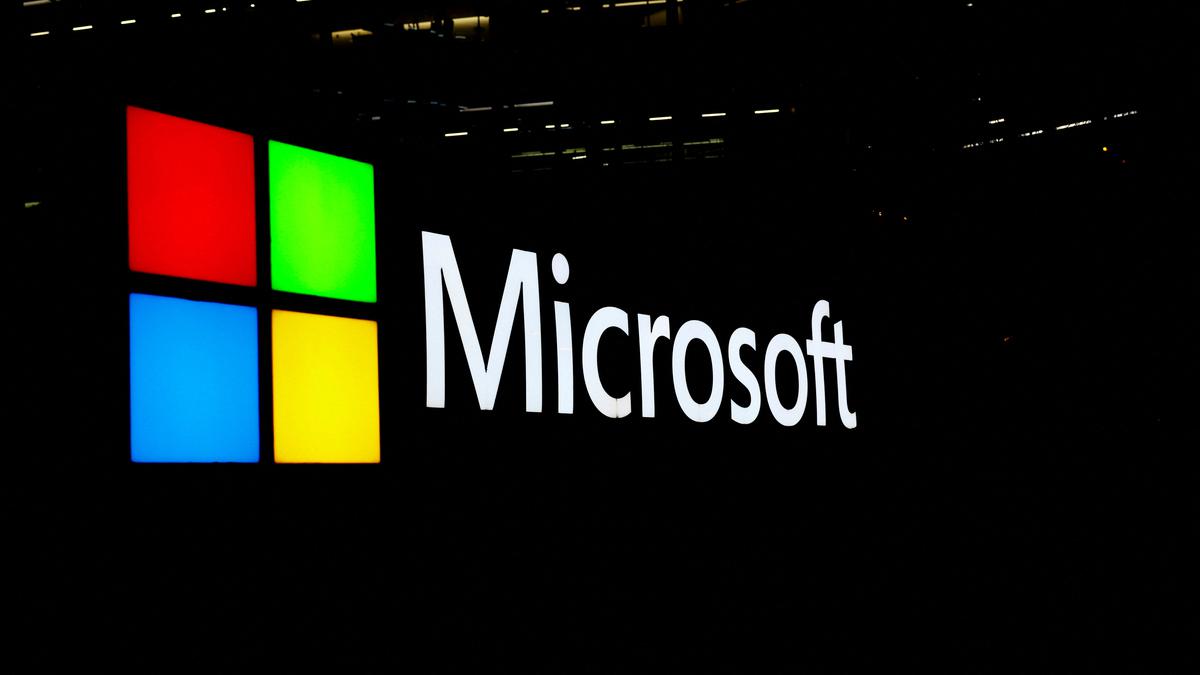Microsoft has announced its decision to sell its chat and video application, Teams, separately from its Office suite on a global scale, marking a shift in its strategy. This move comes six months after the company unbundled the two products in Europe, aiming to avoid potential fines from the European Union for antitrust violations.
The European Commission has been investigating Microsoft’s practice of bundling Office and Teams since receiving a complaint in 2020 from Slack, a competing workspace messaging app owned by Salesforce. Teams, which was originally integrated into Office 365 in 2017 at no additional cost, gained popularity, particularly during the pandemic, as it replaced Skype for Business and offered video conferencing capabilities.
Critics argued that bundling the products together gave Microsoft an unfair advantage in the market. To address these concerns, Microsoft began selling Office and Teams separately in the European Economic Area and Switzerland on August 31, 2021.
In a statement, a Microsoft spokesperson emphasized the company’s commitment to providing clarity for customers and addressing feedback from the European Commission. By extending the unbundling of Teams from Microsoft 365 and Office 365 globally, multinational companies will have more flexibility in standardizing their purchasing practices across different regions.
Microsoft outlined its plans to introduce new commercial Microsoft 365 and Office 365 suites that exclude Teams in regions outside the European Economic Area and Switzerland. Additionally, a standalone Teams offering for Enterprise customers will be made available in those regions. Customers will have the option to continue with their current licensing agreements, renew, update, or switch to the new offers starting April 1.
For new commercial customers, prices for Office without Teams will range from $7.75 to $54.75 depending on the product, while standalone Teams will cost $5.25. However, pricing details for current packaged products were not disclosed.
Despite Microsoft’s efforts to address antitrust concerns, sources suggest that these measures may not be sufficient to prevent potential charges from the EU. Rivals continue to criticize the fees associated with Microsoft’s services and raise concerns about the compatibility of their messaging platforms with Office Web Applications.
Microsoft’s history of facing EU antitrust fines, totaling 2.2 billion euros ($2.4 billion) over the past decade for bundling products, underscores the risk of potential penalties if found guilty of antitrust breaches. The company could face fines of up to 10% of its global annual turnover.
In conclusion, Microsoft’s decision to sell Teams separately from its Office suite globally represents a significant shift in its strategy amid ongoing antitrust scrutiny. However, the effectiveness of these measures in addressing regulatory concerns remains to be seen as the company navigates potential legal challenges in the coming months.






